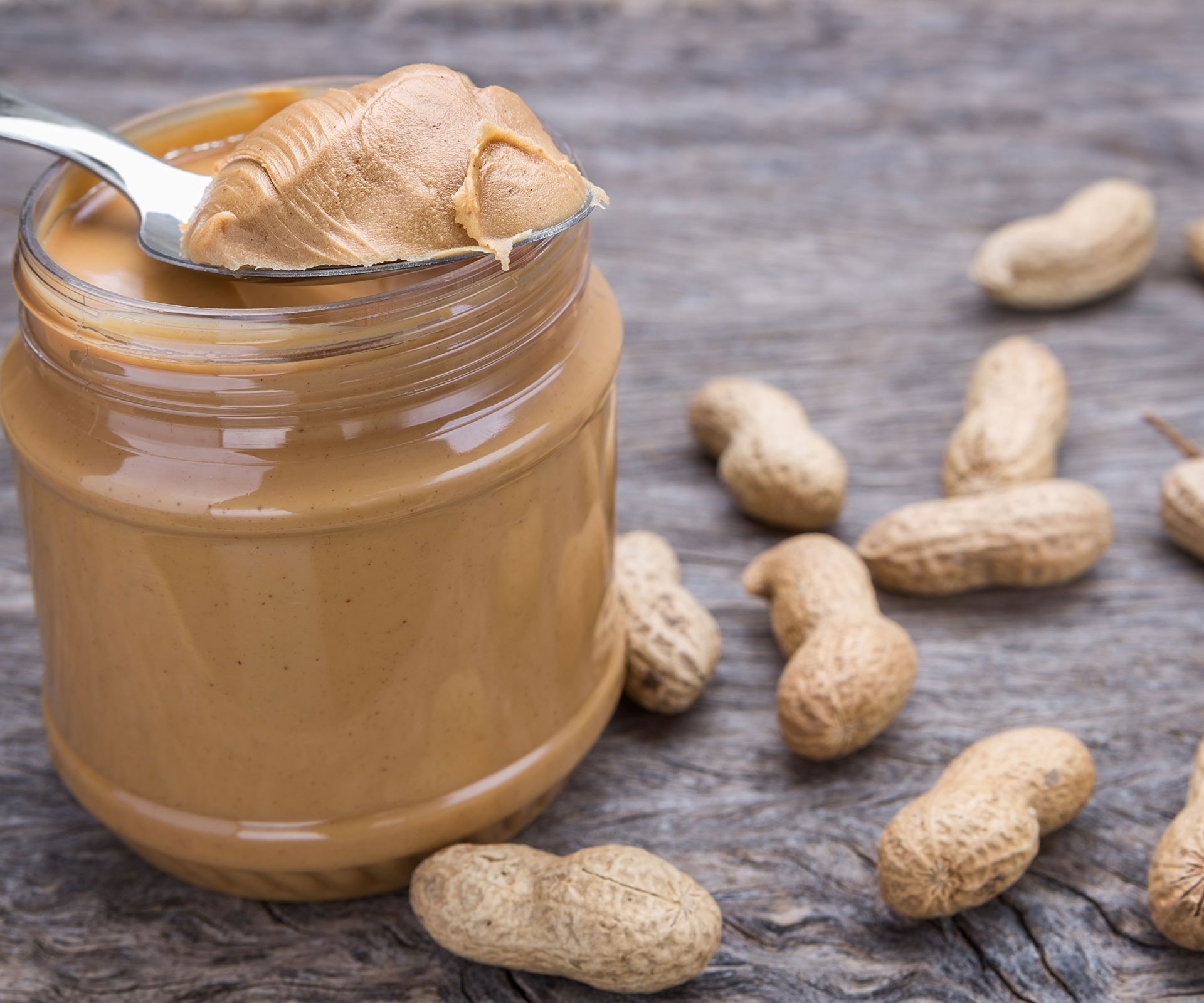The SBS’ Radio’s Punjabi program commissioned testing on 18 foods commonly found in ethnic grocers across Melbourne.
What they found in a variation of products, that included well-known brands of basmati rice, Indian spices and a clarified butter called Ghee, were a cause of serious concern.
The team, led by executive producer and presenter Manpreet Kaur Singh, put forward a selection of food products to labs at the National Association of Testing Authorities.
“Of the few products we were able to test, which is an expensive process, the experts we interviewed said two in particular should not be sold in Australia,” Ms Singh told news.com.au.

The banned substance, betel nut, was found to be readily available under the counter of many South Asian grocery stores. The Australian Drug Foundation advises that “there is no safe level of drug use” for the product.
“As we understand it, the Department of Agriculture receives the imports, then the Food Standards Australia & NZ write the code where the product must comply with relevant standards and requirements, but it’s up to the local and State Government to ensure that what’s in the store are compliant, and that’s where the issue is happening.”
From the 18 products tested, two failed the Australian food safety standards, while one, which has been completely banned, is still slipping through customs and making its way to shelves. These are:
Kohinoor brand basmati rice, found containing Buprofezin which is an insecticide banned in Australia.
Indian spice brand MDH, which was discovered to contain pesticides above the accepted Australian limit.
Banned substance betel nut, a known carcinogen and found readily available for sale in Australia.
“The rice and spice we tested outright failed the testing,” says the lead researcher.
“The chemicals we found in the rice are not allowed to be in that product in Australia. This is not a cheap brand of basmati rice, and is very common especially in specialty food stores.”
While the above products failed to meet the FSANZ standards, three others were also deemed unsafe for their high levels of copper, lead and insecticide residues. These included:
Powdered milk drink, Complan, designed for growing children and manufactured by Heinz in India.
Indus basmati, rice made in Pakistan.
Verka Ghee — a clarified butter widely used by South Asians in their daily cooking.
While only five per cent of packaged food imports to Australia are currently being tested, Ms Singh agrees that for the safety of consumers, something needs to change.
“Are we checking enough? Are we at world standards? Maybe something needs to be put into place that testing is more stringent and across the board.”


